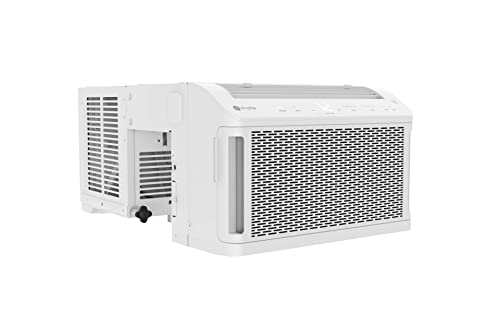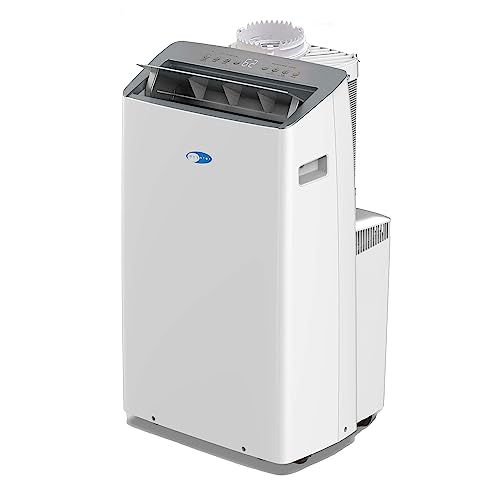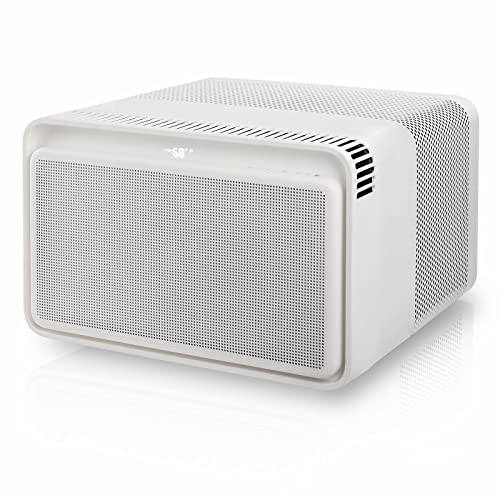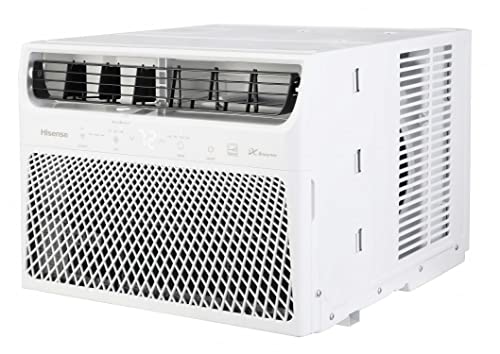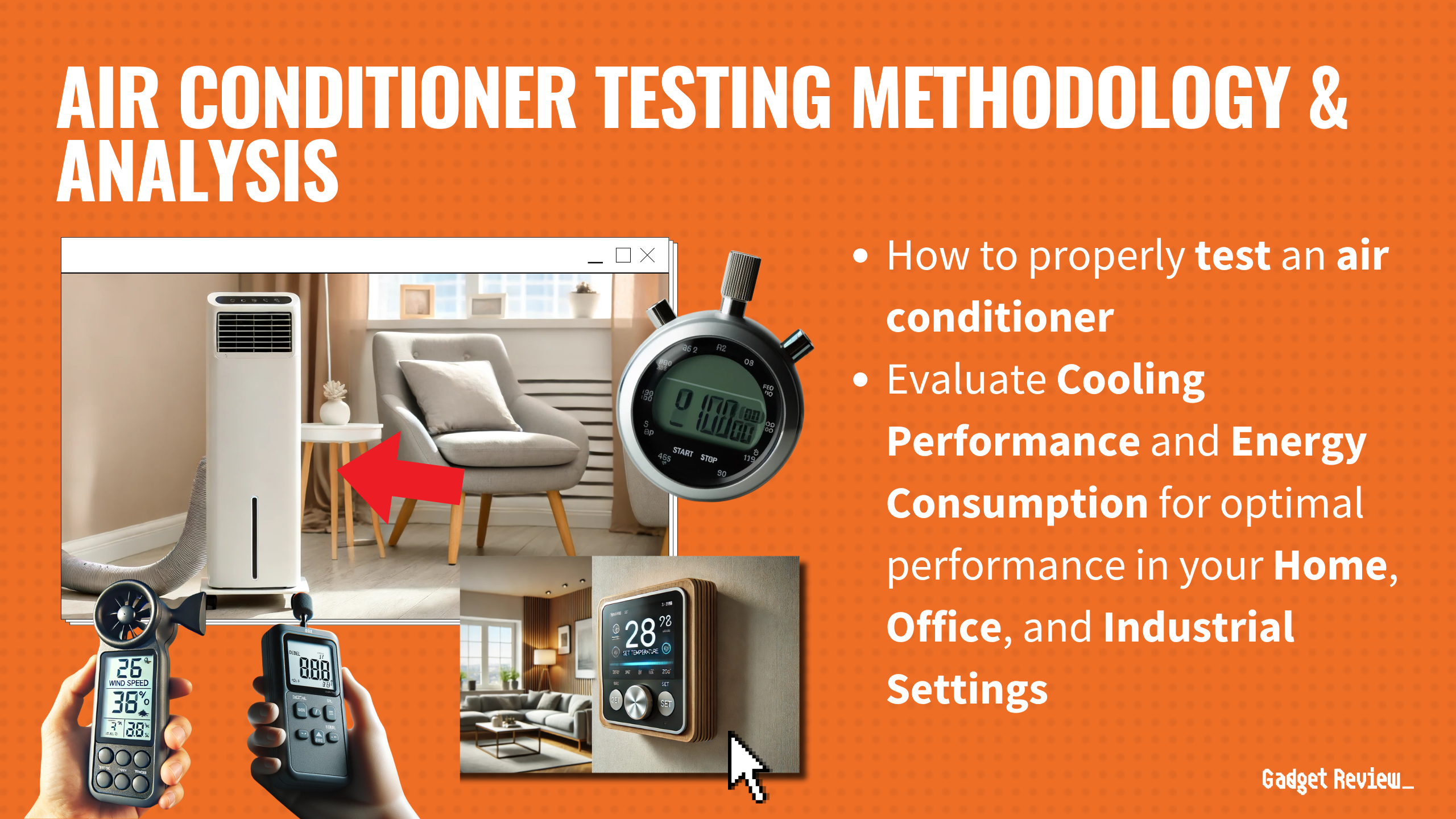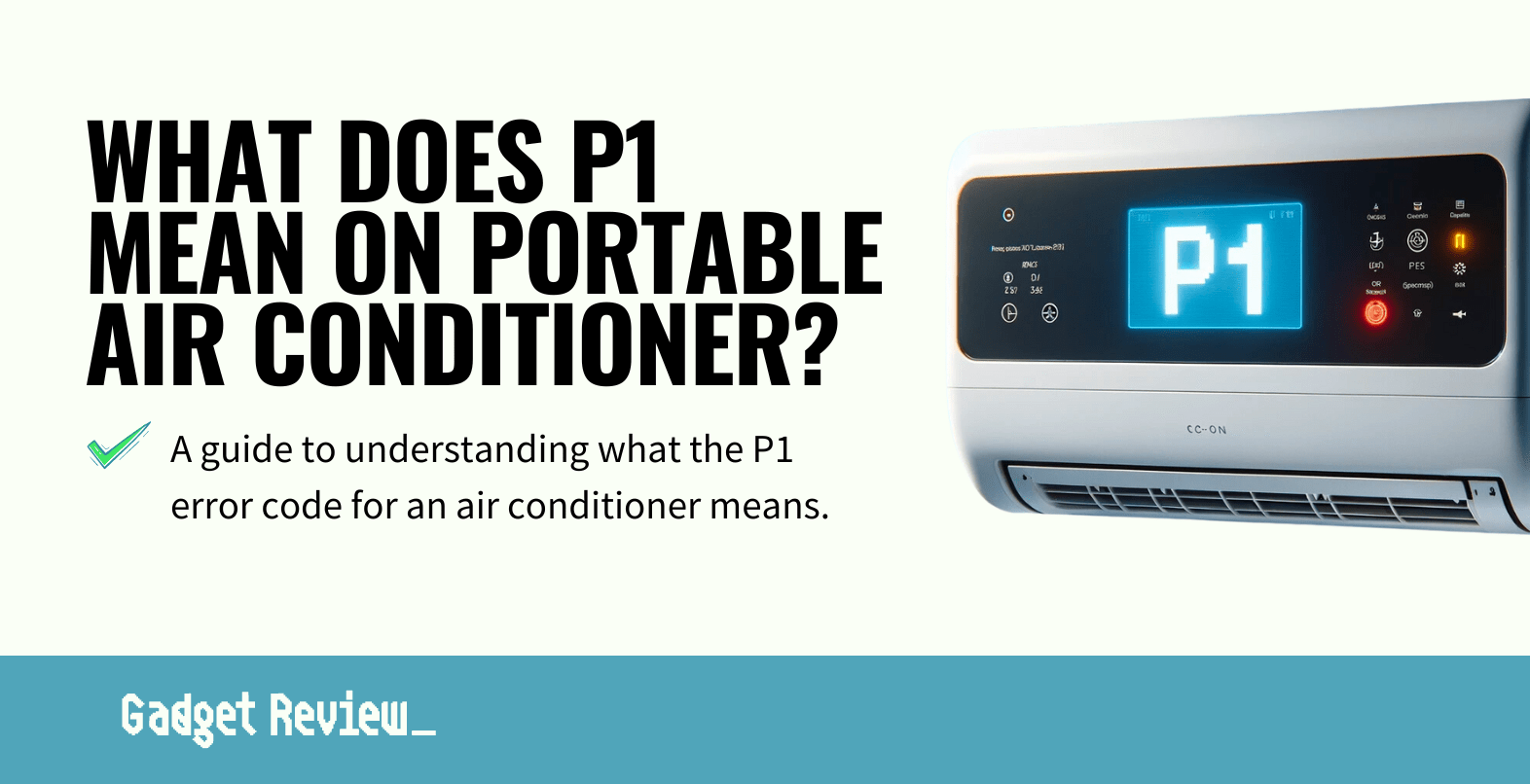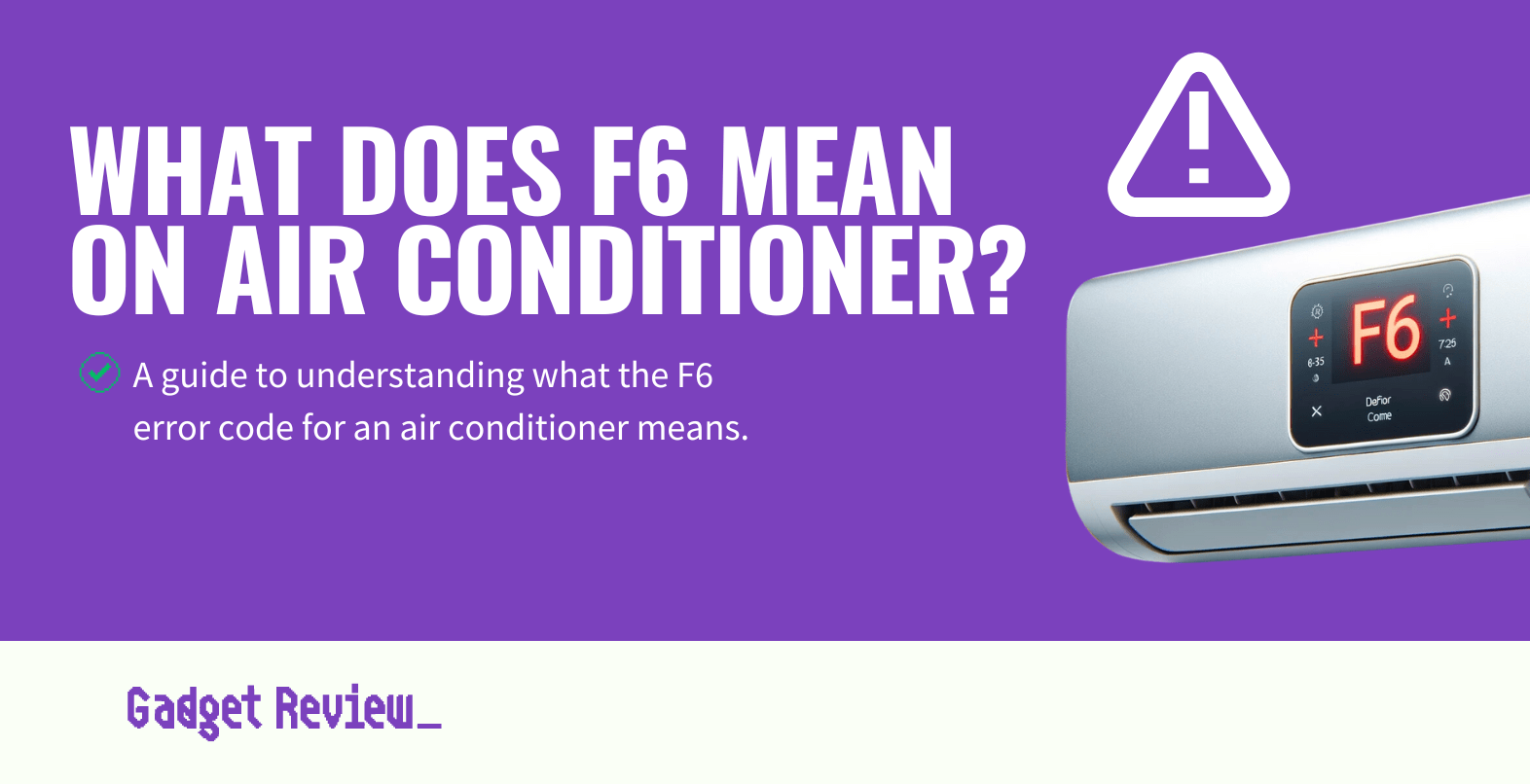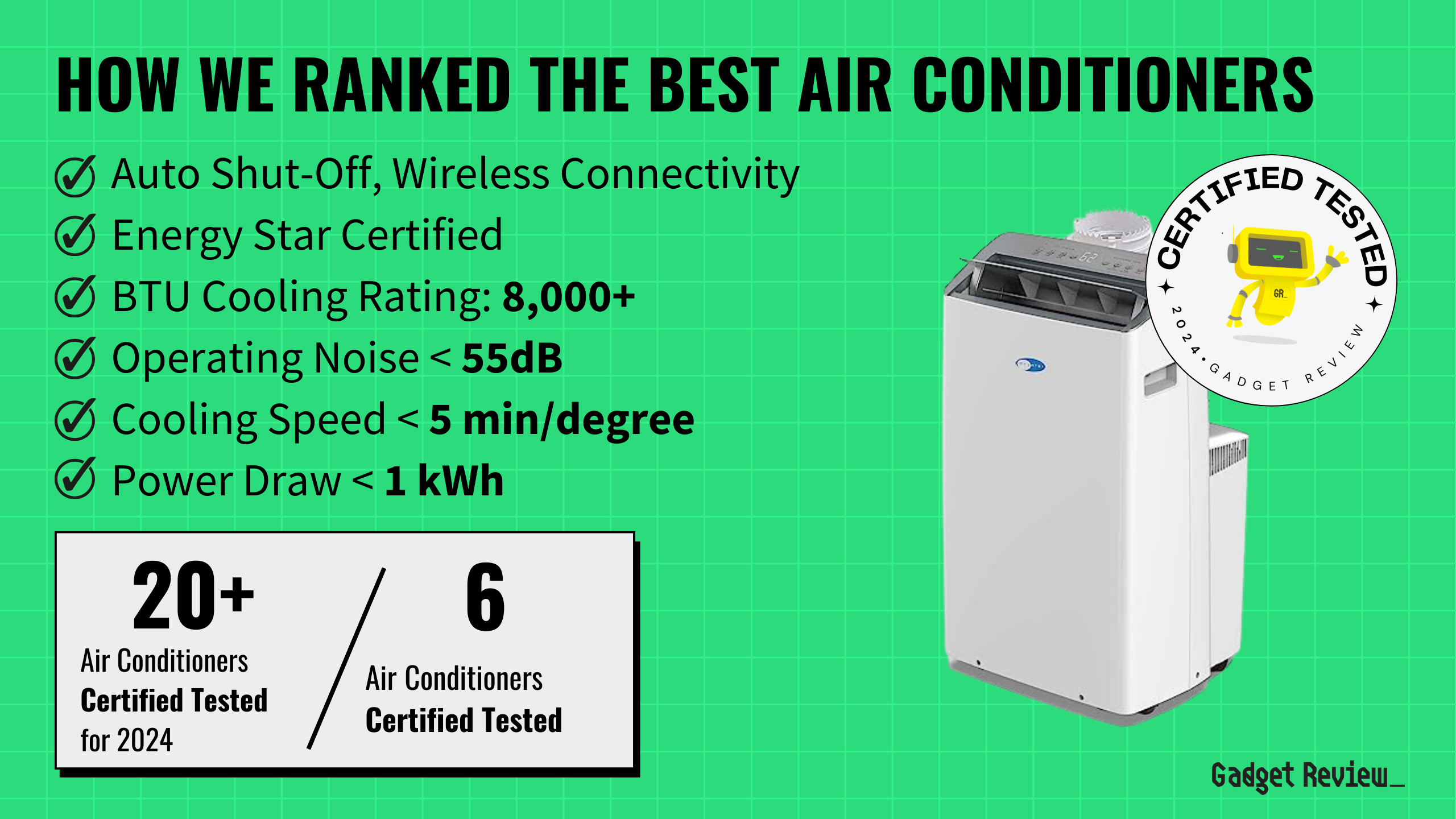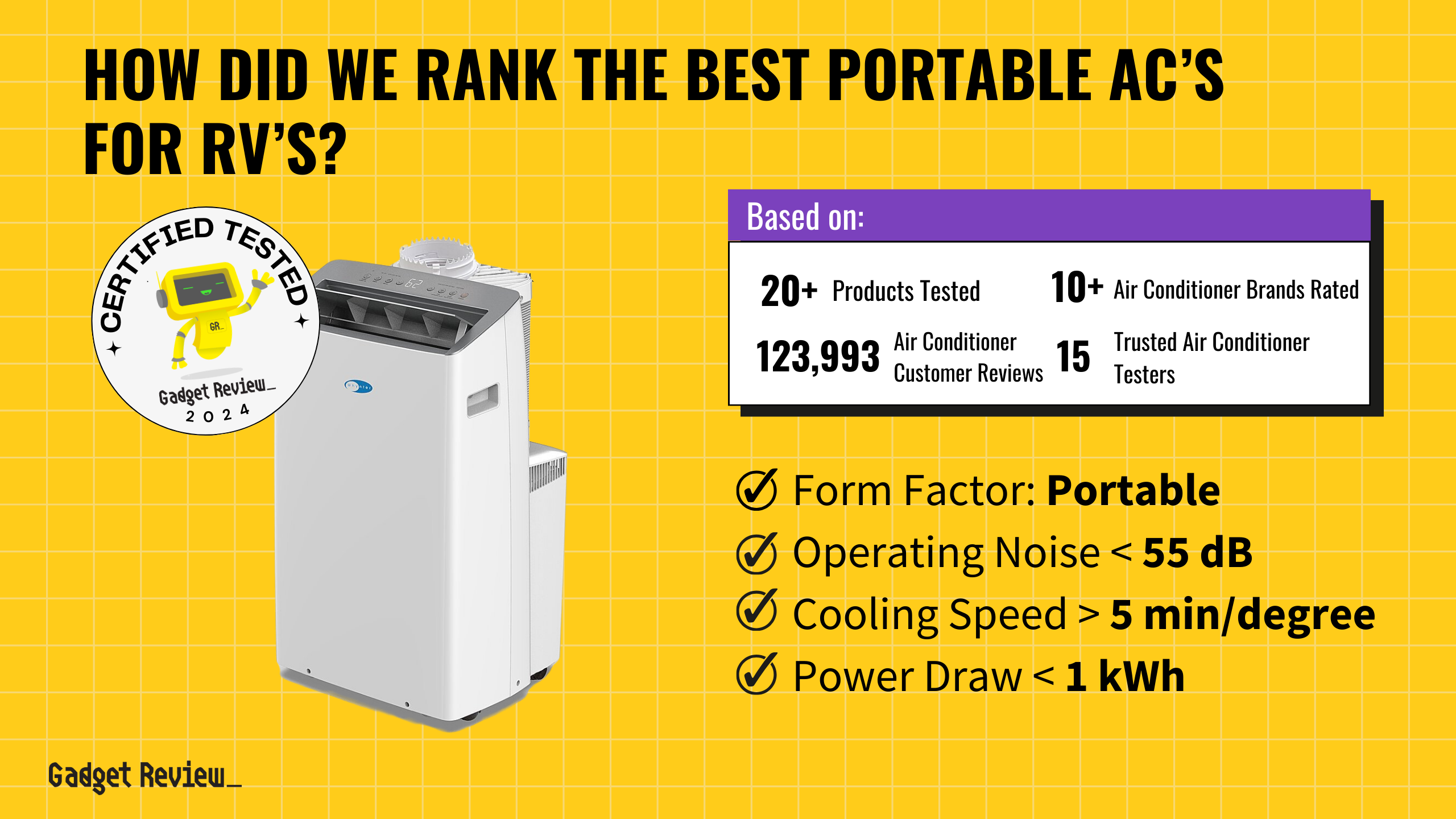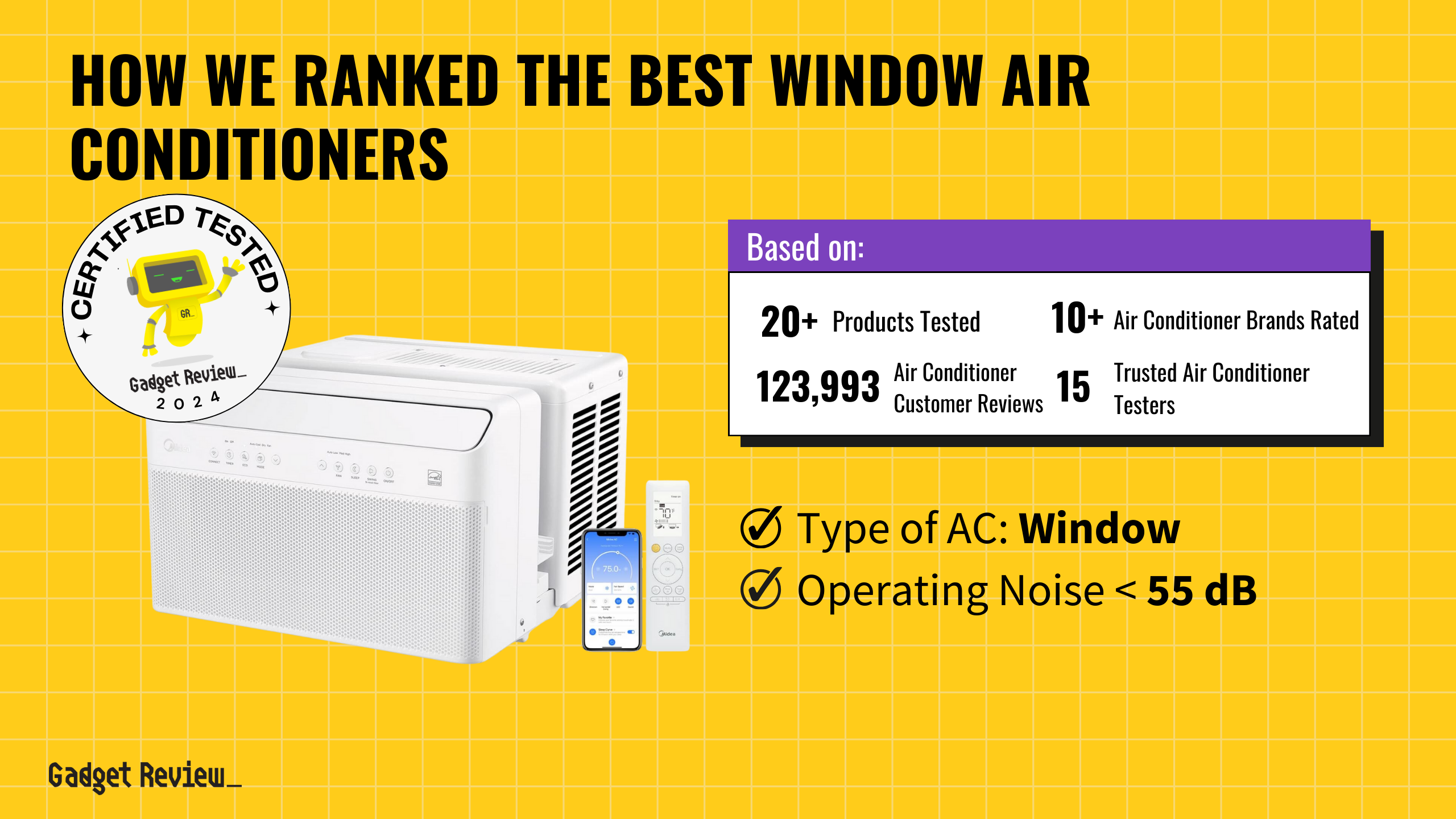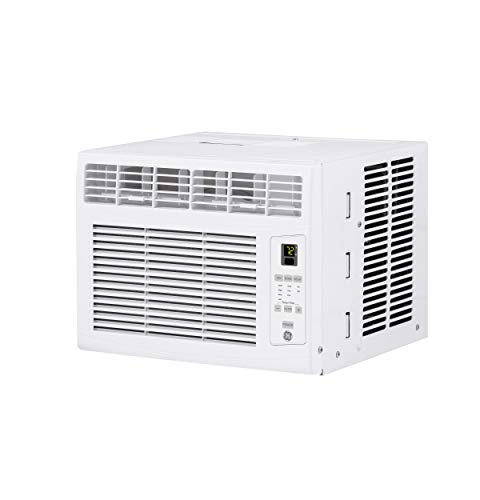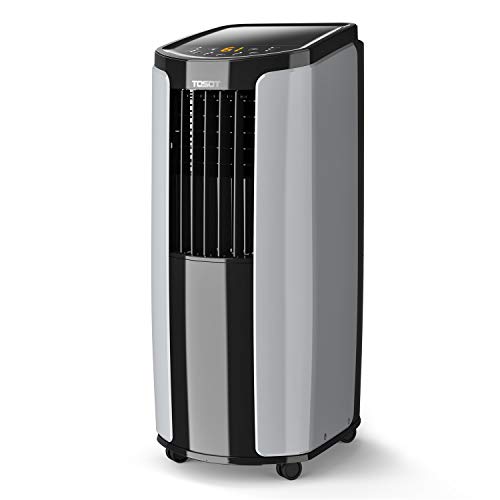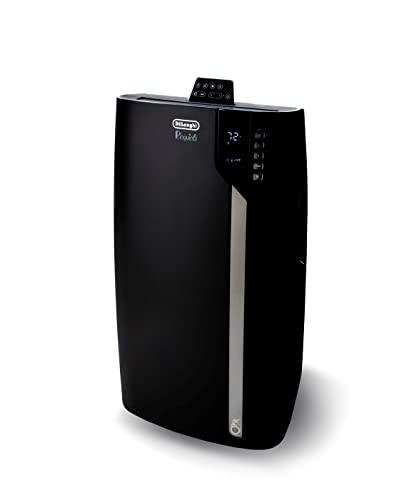Most AC units lack WiFi capability and sufficient power, forcing you to not only be physically present to adjust settings but also struggle with inadequate cooling performance. The best WiFi smart air conditioner is all about user-friendly controls paired with efficient cooling and smart connectivity. In our detailed review process, four air conditioners earned a spot on our buying guide from a total of 20 models analyzed.
Our picks include models with excellent BTU ratings, Energy Star certificationand Smart features for convenience. We verified all units as tested and reviewed 170,768 customer and expert experiences. Our unique approach uses our scientific AI-powered True Score to filter out fake and low-quality reviews, ensuring only top-performing air conditioners make the list.
How Did We Rank the Best Wi-Fi Smart Air Conditioners?
In our pursuit of identifying the best Wi-Fi smart air conditioners, we examined over 200 websites, scrutinizing various testing methods and aggregating customer and expert feedback. Our analysis centered on 2 desirable features and 1 indispensable specification. This methodical approach allowed us to filter out the top-performing models, offering you a definitive guide that simplifies your purchasing decision with confidence and clarity.
Our commitment to unbiased reviews is powered by our ‘True Score’ system, targeting low quality and fake reviews. When you shop through our links, you’re backing our mission. Dive deeper to see how.
?️ Minimum Specifications
- Must have wireless connectivity (Wi-Fi).
? “Nice To Haves”
- Operating Noise: Less than 55dB.
- Cooling Speed: The unit should be capable of cooling a properly sized room by at least one degree every five minutes.
Latest Updates
- 06/21/2024: Republished the list to include the best wi-fi smart air conditioners based on our True Score system.
Top Wi-Fi Smart Air Conditioners For 2025
Prices accurate at the time of publishing
Which Criteria Matters for Testing Best Wi-Fi Smart Air Conditioners?
By focusing on these criteria (2 nice to have), anyone can quickly and easily compare these air conditioners and how they’ll perform. This helps you make an informed decision and purchase an excellent smart air conditioner.
| CRITERIA | RANGE | REQUIRED | DEFINITION |
|---|---|---|---|
| Operating Noise | < 55 dB | No (Nice to have) | How much noise the unit makes while it is under normal operation. |
| Cooling Speed | < 5 min/degree | No (Nice to have) | How long it takes a unit to successfully lower the temperature in an area by one degree, measured in minutes. |
Our Trusted Data Sources
We looked at 60+ air conditioner reviewers and found that 15 are trustworthy (60%+ Trust Rating). The three we have listed below are our most trusted for air conditioners.
- Austin Palmer – TechGearLab, MuckRack
- Daniel Jackson – Your Best Digs
- Derek Hales – Modern Castle, LinkedIn
Interested in a comprehensive analysis of our data sources? We’ve got you covered. Below, you’ll find a detailed list of every air conditioner review website we’ve identified, organized by their respective Trust Ratings from highest to lowest. But we didn’t stop there. We’ve meticulously reviewed each publication and verified the data by checking whether the authors have bio links to MuckRack or LinkedIn. We’re committed to not only checking the facts but ensuring their veracity.
Air Conditioner Test Data & Results
1. Operating Noise (dB)
All air conditioners make noise, this is a fact. Generally speaking, the more airflow an A/C unit has, the louder it’s going to be, and (logically) the more capable it is of cooling larger spaces (or smaller spaces more quickly.) Quieter A/C units are less disruptive and are often more attractive if you like a more peaceful home, but if your cooling needs are very high, be ready to see higher noise levels.
It’s for this reason we recommend an operating noise level around 55 dB or less. This puts it below the noise of a typical conversation and allows the sound to fade away into being background noise or even white noise. Higher volumes can be distracting, especially if you’re very sensitive to droningsounds.
Operating Noise
< 55 dB
Acceptable range of performance
Definition: How much noise the unit makes while it is under normal operation.
Units of Measurement: dB (decibels)
Tools to Measure: Sound pressure level meter or decibel meter
Why It’s Important:
Loud units are annoying and disruptive, and quiet units fade into the background more easily.
Operating Noise (dB; lower is better; 0 = No Data)
2. Cooling Speed (Min/Deg)
Cooling Speed
> 5 min/deg
Acceptable range of performance
Definition: How long it takes a unit to successfully lower the temperature in an area by one degree, measured in minutes.
Units of Measurement: Thermostat, timer
Tools to Measure: Speed-checking software
Why It’s Important:
If you need rapid cooling, better cooling speeds mean you spend less time suffering heat and more time enjoying the breeze.
There are multiple factors that influence how quickly an air conditioning unit is going to cool down a space. The size of the A/C, if it’s in good condition or not, the size of the room, and the actual settings chosen (for example, using a quiet mode or a performance mode.)
We recommend a cooling speed of at least 5 minutes per degree lowered, but faster cooling speeds are always welcome. It’s important to note that this is for when you use the A/C unit in a room that it’s designed for. If you stick a very small A/C in a huge room, the cooling speed is going to be abysmal, and if you put an oversized unit in a closet, you’ll be putting up some impressive numbers, but neither are realistic.
Cooling Speed (Min/Deg; lower is better; 0 = No Data)
Best Wi-Fi Smart Air Conditioners: Mistakes To Avoid
- Overlooking BTU Requirements: Choosing an air conditioner with the wrong BTU rating for your space can result in inefficient cooling or excessive energy consumption. Calculate the BTU requirement based on room size to ensure efficient cooling.
- Neglecting Smart Features: Not considering smart features like voice control, scheduling, and energy usage reports can limit convenience and energy savings. Look for these features to maximize the benefits of a smart air conditioner.
- Focusing Only on Price: Choosing solely based on price without considering features and performance can lead to disappointment. Balance cost with essential features and performance to ensure you get the most value for your money. Additionally, when purchasing appliances, consider the coldest temperature for an air conditioner if you live in a particularly hot climate. Ensuring that your air conditioner can achieve the necessary coldest temperature will improve comfort and efficiency.
- Skipping Energy Efficiency Ratings: Ignoring energy efficiency ratings can lead to higher energy bills. Look for air conditioners with high EER or SEER ratings to save on energy costs while keeping your space cool.
The Best Wi-Fi Smart Air Conditioners Tests Compared
Product |
True Score
|
Cooling Speed
|
Operating Volume
|
Recommended Room Size
|
Air Flow Rate
|
BTU Cooling Rating
|
Weight
| |
|---|---|---|---|---|---|---|---|---|
89 |
|
|
|
|
|
| $480.77 | |
| 82 |
|
|
|
|
|
| $499.00 $660 $161 |
81 |
|
|
|
|
|
| $369.00 $389 $20 | |
80 |
|
|
|
|
|
| $239.82 $300 $60 |









